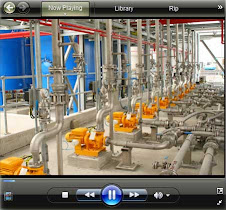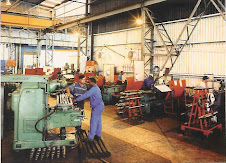The European Community has chosen to regulate certain product groups. These include medical devices, telecommunications equipment...and construction materials. For construction materials, approval of a supplier's quality system is a legal requirement. ISO certification, while not specifically required, is the method of choice to meet EC requirements.
Since most U.S. manufacturers of engineering and construction materials operate in highly competitive markets, there is constant pressure to take cost out of the product. Cost reduction does not have to mean quality reduction, but it can, especially for manufacturers without adequate quality systems. ISO certification forces manufacturers to spend more time and effort on quality. As one executive of a large building components manufacturer said recently, "It used to be, when we had a quality problem, that we could ignore it. Now, with ISO 9000, our system won't allow us to ignore it".
It is difficult for a material specifies to find the balance between a highly restrictive specification and a completely open specification. A restrictive specification often increases the predictability of quality, but generally results in higher cost. Wide-open specifications, conversely, decrease predictability of quality and generally lower cost. Therefore, Polyguard recommends that the following clause be added to all open specifications: "Manufacturers shall submit proof of current certification of its quality system to the ISO 9001 quality system standards."
ISO Consultants India Delhi ISO Certificate India ISO 90012008 Mumbai noida Bangalore
Subscribe to:
Post Comments (Atom)




No comments:
Post a Comment